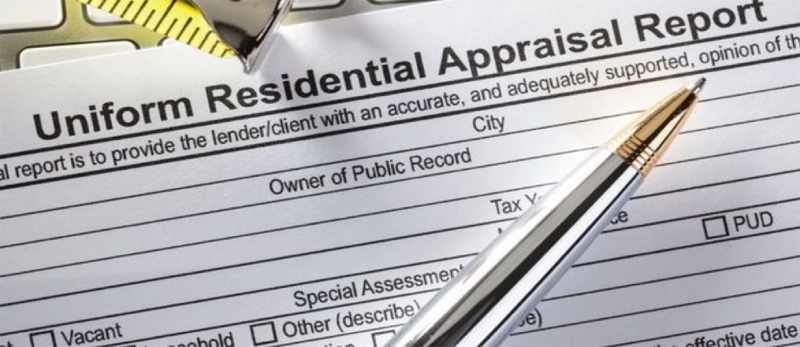Table of Contents
What Are HOAs?
Homeowners Associations (HOAs) go beyond maintaining common areas; they play a considerable part in establishing property values. The impacts of HOAs on real estate values are evident in their rule enforcement, fees, and management in general. This article explores the impact of these elements on property appraisals and explains the balance between benefits and drawbacks in HOA-governed communities.
Understanding HOAs
An HOA is established to manage common features such as parks, pools, and landscaping, and to maintain a specific and similar standard within a community. Through control of property maintenance and exterior modifications, HOAs aim to keep the neighbourhood appealing as a whole. The uniformity can make a community more appealing to prospective buyers, enhancing property value. The enforcement of these regulations, though, can have both desirable and undesirable effects on market perception, based on their enforceability and flexibility.
Rules and Aesthetics of the Neighbourhood
The most apparent effect of an HOA is the set of rules that regulate the appearance of property and its upkeep. Rules may include requirements for landscaping, colours of paint on the exterior, and renovations permitted on houses. They help to establish a consistent appearance that can make a neighbourhood more attractive from the curb, something of first concern in selling homes. A well-kept neighbourhood tells purchasers that the neighbourhood is effectively managed and property values will likely remain stable or increase in the future. However, too many rules can kill personal expression and flexibility, potentially deterring some purchasers who cherish the freedom to make personal property improvements.
Financial Impact of HOA Fees
HOA fees are used to fund the upkeep of common features and community endeavours. If properly managed, these fees enable the development of a high standard of living condition that enhances property values. Moderately charged fees ensure that the amenities are always in good shape, making the community more desirable. This would be able to justify higher valuation of properties because the maintained infrastructure and amenities are worth more to the consumers. But in case the fees are too expensive or poorly managed, they tend to be economically burdensome. Potential homeowners might view excessive fees as just another cost, which would diminish the overall desirability of the community and have a negative impact on property values.
Quality of Management
The quality of management of an HOA is the most important factor in deciding its overall impact on property values. Good management is characterised by proactive maintenance, open communication, and good fiscal management. A well-operated HOA ensures that shared areas are clean, repairs are completed on time, and finances are managed in the open. Such practices encourage trust among homeowners and ensure that potential homeowners that the community is clean. Inefficient management, on the other hand, leads to delayed repairs, unresolved issues, and even litigation, all of which negatively affect property value in the long run. The ability to balance enforcing strict rules with responsiveness and flexibility is paramount to maintaining community stability and marketability.
Long-Term Impacts on Property Value
The long-term impact of an HOA on property value extends beyond everyday operation. A community that has good governance and fair fee practices will enjoy steady growth in property values. Homebuyers will be more inclined to invest in areas where the HOA consistently manages to keep standards high and plan for the future. By being proactive in ensuring the beauty of the place is maintained, not only is the visual appeal ensured, but also the preparedness of the community for such eventualities as economic decline or unforeseen repairs. On the other hand, communities burdened with strict rules, high fees, or poor management may suffer from stagnation or decline in property value. In this case, the buyers’ perception of risk will lead to low demand and lower prices in the market.
Conclusion
The impact of HOAs on property value is multifaceted, with both negative and positive factors dictating real estate values. Clear, reasonable rules contribute to an aesthetically pleasing, clean neighbourhood that enhances property values. Reasonable and well-planned HOA fees pay for high-quality amenities that attract homebuyers, and sound management practices ensure community stability and long-term financial planning. Conversely, overly restrictive regulations, unreasonable fees, and poor management can diminish the overall appeal, which may lower property values. For buyers, owners, and investors, it is critical to evaluate an HOA’s management approach, financial health, and community reputation before a home purchase. The right balance of structure and flexibility can foster an environment where property values flourish, and an HOA’s impact on appraisal is a positive force in the community.
You can click here to watch a video. For more information, please click here to contact us.




Add your first comment to this post